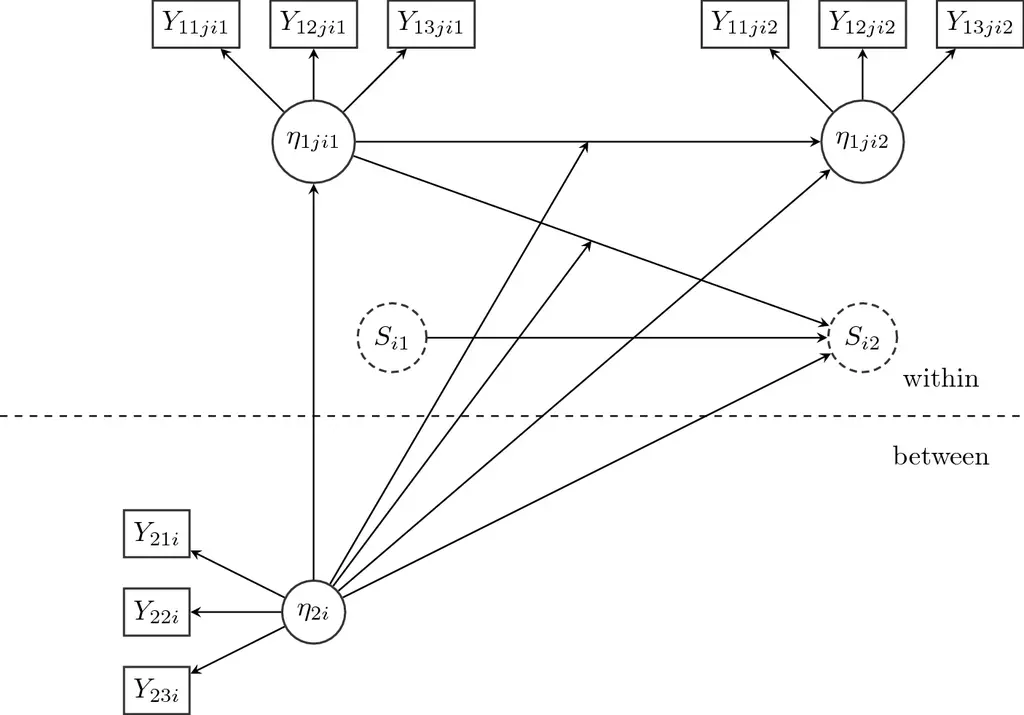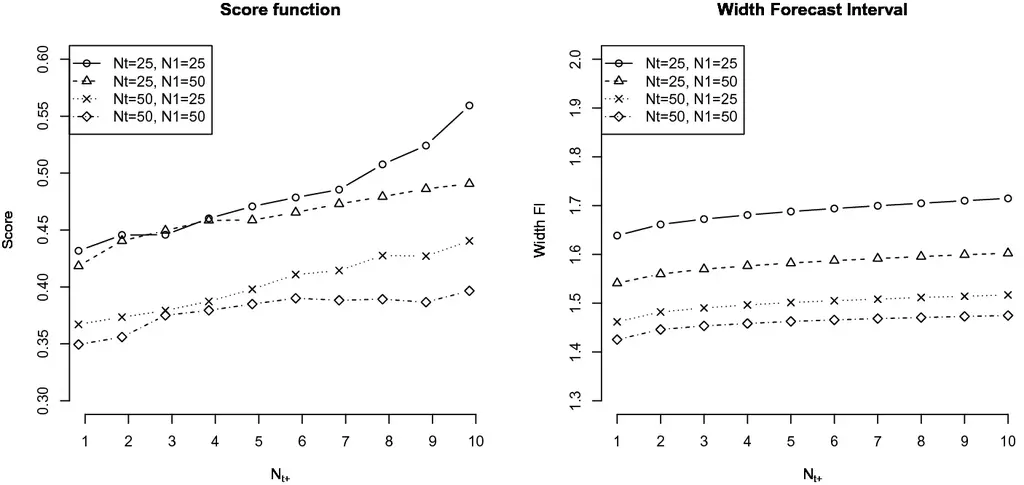Researchers have recently created a new algorithm that can predict whether students will terminate their studies on average eight weeks in advance Social science researchers at the University of Tubingen in Germany have developed a statistical method to distinguish between different degrees of impact. In stem disciplines (Science and technology, engineering and Mathematics), up to 40% of college students drop out of school at the entrance stage.
A research team from the method center of the school of economics and Social Sciences at Tubingen University has now developed a statistical method that can be used to predict whether students will terminate their studies on average eight weeks in advance.
The new algorithm also represents a general progress in methodology. When making prediction, the algorithm can consider the differences between individual students (such as overall cognitive ability) that already exist at the beginning of the study, and separate these differences from the time-related emotional states of individual students. In this way, even those students who are well suited to their courses are likely to predict the probability of dropping out of school. This separation of different degrees of influence may also be useful for many problems in other areas. The researchers published their study in the journal psychometrics.



Students in stem disciplines have different preconditions at the beginning, which affect the general probability of dropping out of school. Professor Augustin kelava of the methods Center said: "obviously, for example, high school math scores and general cognitive abilities are different among individual students. Lower grades are initially more likely to lead to school dropouts. However, the problem we want to solve is how to identify students who drop out quickly among freshmen with similar abilities".
In the initial survey of the study, 122 students from Tubingen University were asked about their previous mathematical knowledge, their interests, their school career and their economic background in their first semester of mathematics class; The details of personality variables including emotional stability were collected.
Professor kelava said: "The results of the preliminary assessment let us know the stable characteristics of each student. Then, five minute surveys were conducted three times a week and 50 times in 131 days of this semester. The students said in the survey how they feel now and whether they feel they can keep up with the class. Because we visited the students, we were able to verify our results. We know who stayed until the end of the semester And final exam results. We also found that our survey received a high degree of acceptance ".